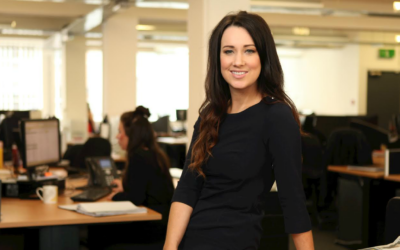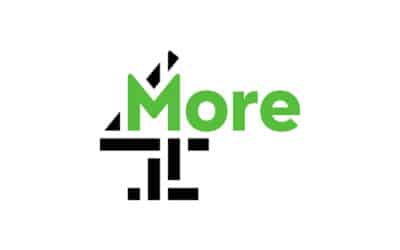Bodies representing media organisations across the UK has warned that online platform are “fuelling the rise of fake news” but traditional outlets are being “starved of revenues.”
This was a response to the Culture, Media and Sport Select Committee’s inquiry into “fake news.”
Organisations including the Guardian, ITV, the News Media Alliance and the Society of Editors said that the rise of hoax news sites and bogus conspiracy theories was a threat to public trust in all news. They added that it had an impact on the “ability of democratic societies to make informed decisions.”
“Regulators themselves should be challenged as to whether they believe a regulatory regime put in place before Facebook was founded, and before the smartphone existed, is still relevant in every aspect to the challenges society now faces,” wrote Professor Leighton Andrews of Cardiff University.
“Facebook and Google’s position in online advertising is dominant and it is growing. Cracking the problem of fake news will mean addressing issues of platform dominance.”
Meanwhile ITN added:
“There is no doubt that fake news (or propaganda as it might be termed in the past) has always existed but online platforms have created a means of disseminating that information at a speed that we have never seen before.”
The submission continued to say that the online environment had led to a situation where, “credible impartial news sources are placed on a par with hoax websites and hyperpartisan websites claiming opinion as fact.”
The Guardian explained that one of the key issues was the way that social media sites rewarded clicks.
“[The digital economy] rewards clicks by volume, which means that the more sensational a piece of content is, the more likely that a user will click on that piece of content in order to read it.”
With ITN adding:
“The algorithm that places programmatic advertising online (across sites such as Facebook and YouTube) does not appear to differentiate between the type of content that it places ads beside – meaning that false stories that get lots of clicks or shares will attract more ads and greater revenue. This in turn encourages fake news sites as a viable business online.”
Traditional media organisations explained that this business operation worked extremely well, because fake news doesn’t require the investment in journalism, legal or overheads, so stories can be generated at a fraction of the cost, yet can generate more revenue by acting as clickbait.
“As a general rule, this model of monetisation does not favour the production of slow, sober journalism focusing on the day’s news. It favours attention grabbing headlines and opinion pieces that encourages readers to click through,” wrote the Guardian.
The Guardian questioned whether Ofcom had the appropriate powers to request data from large digital platforms and whether it fully understood the impact of digital products and their impact.
“If Facebook will not accept the responsibilities that come with publisher status then it seems reasonable to say that revenues from this content should be redirected back to the organisation that has invested the time and resources to create the journalism,” said ITN.
“We would also call for transparency around the amount that Facebook is investing in combatting fake news through initiatives such as fact checking and also a declaration of how much revenue Facebook currently receives from fake news sites that it hosts.”
The Committee is now on hold, until the after the election and is expected to resume in the summer.









